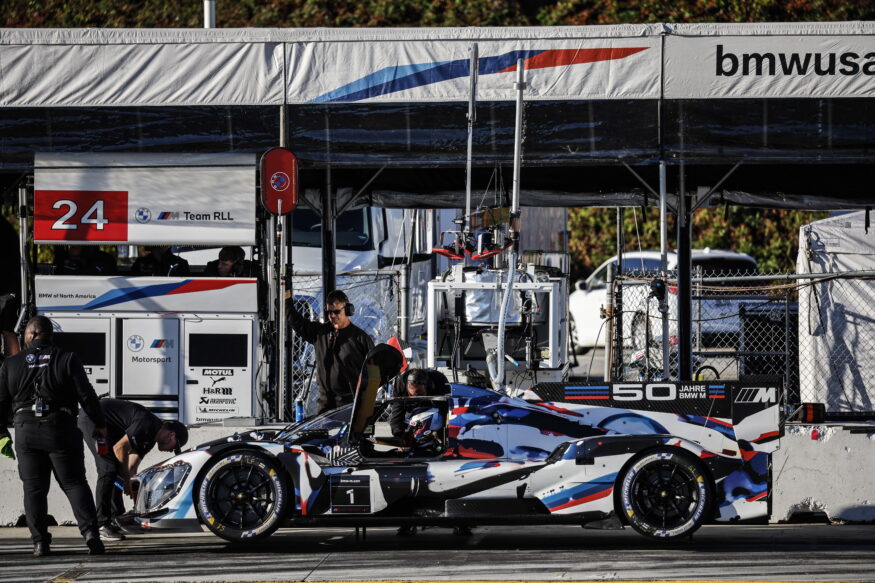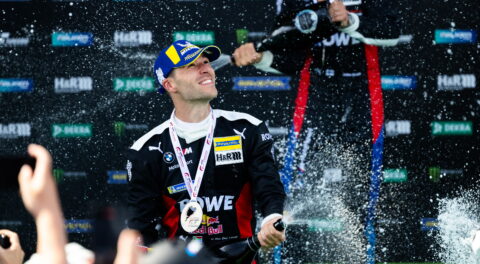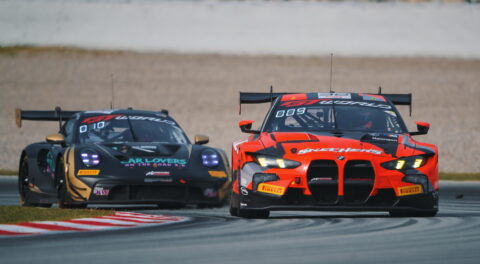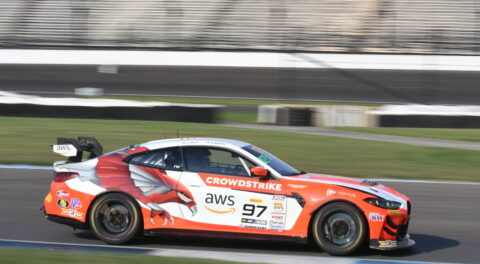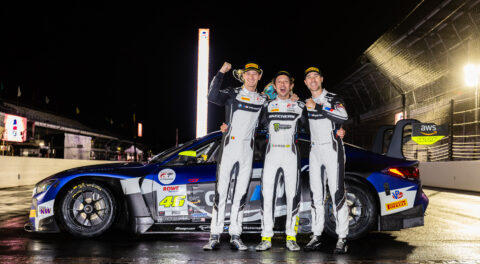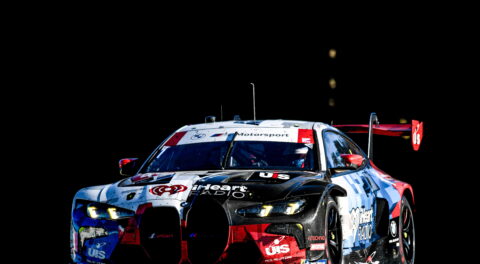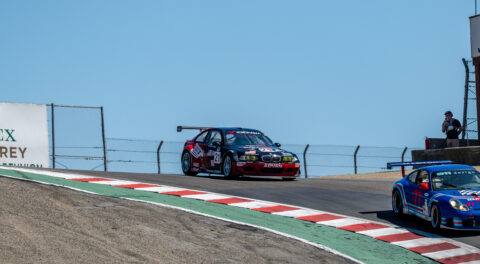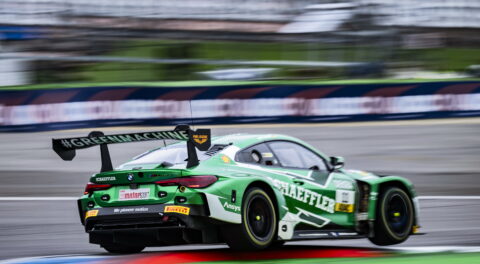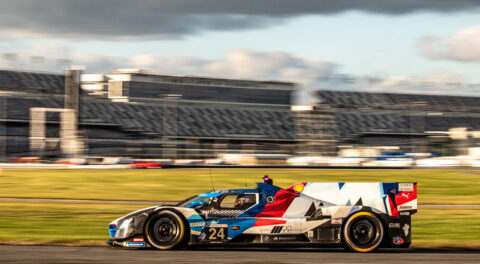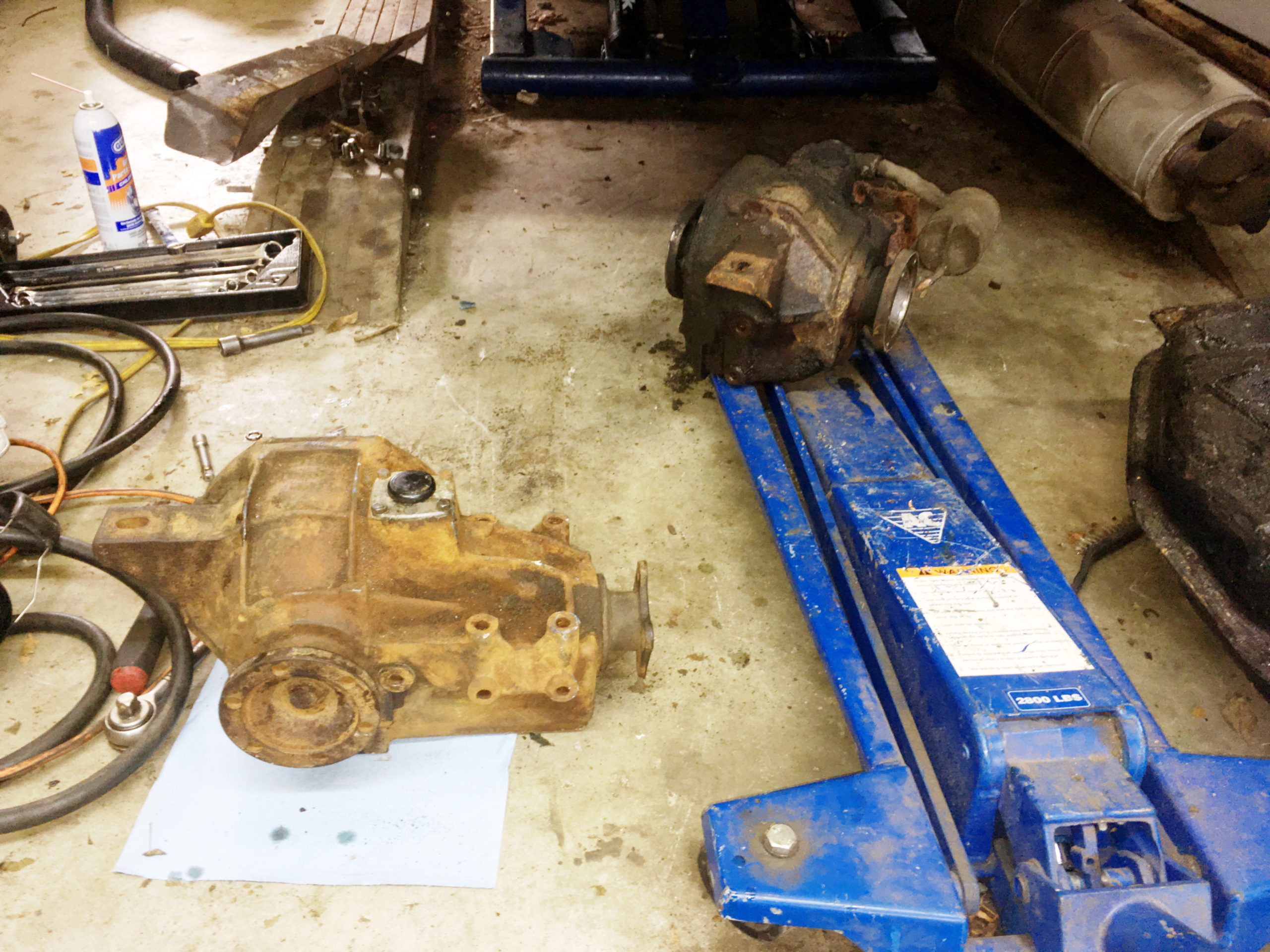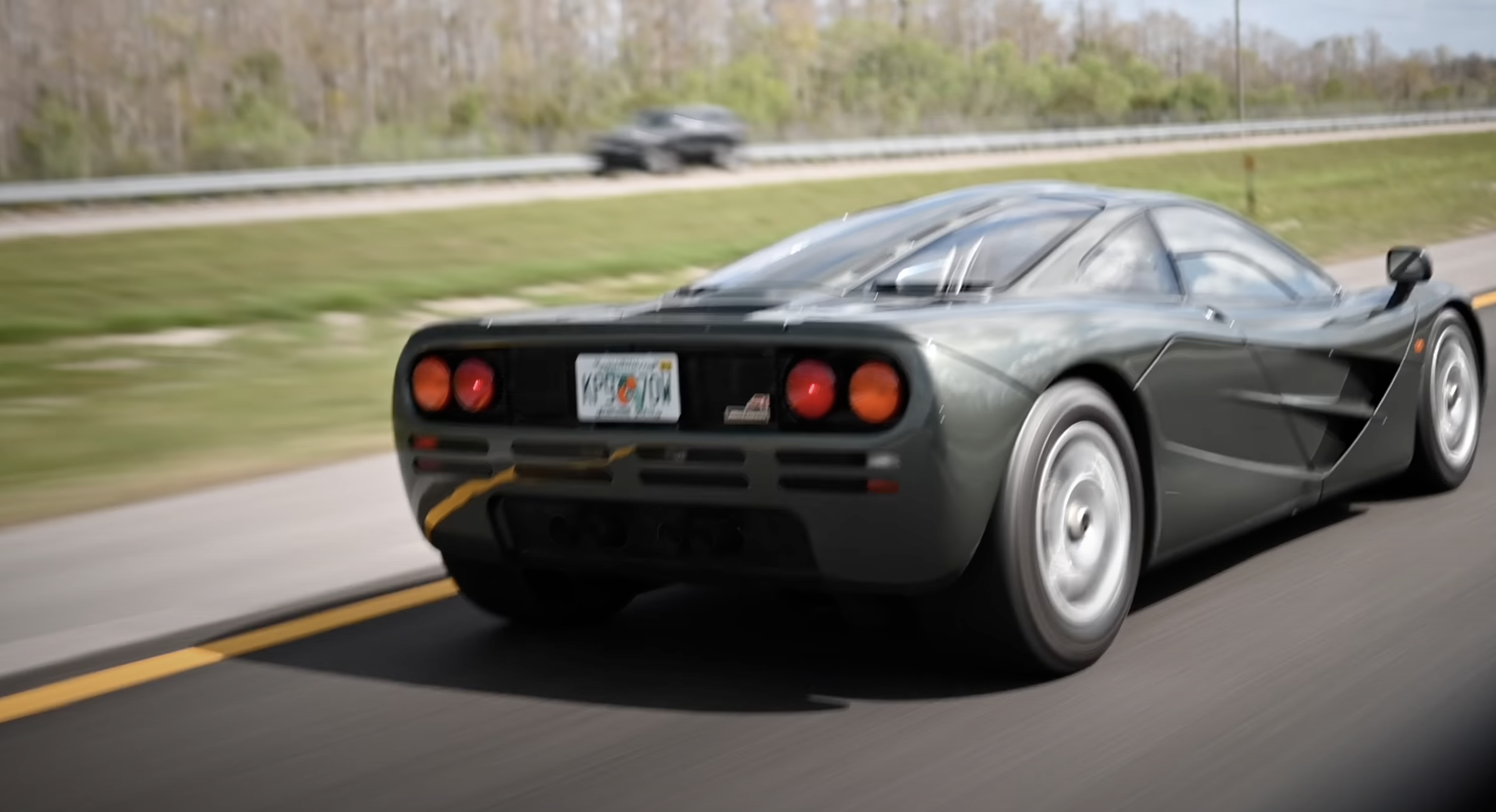Following up on the recent interviews that IMSA held with IMSA GTP Project Leaders, they held another call this past week with GTP Team Managers, including BMW M Team RLL’s Brandon Fry. Fry has over twenty years of experience in racing and worked as an engineer in the Chip Ganassi Racing IndyCar program before joining BMW M Team RLL before the 2018 season.
IMSA: 2023 will be a different set of circumstances for BMW M Team RLL, having participated for years in the GT ranks. How big of a step has it been for the team to move into GTP?
Brandon Fry: It’s a big step for everybody but it’s an exciting challenge. There are some things that are new and some things that are staying the same. The association with BMW is now in its fifteenth season, so there’s a lot of continuity there with the same guys. Moving into the GTP class is a big step, but the GT cars were pretty sophisticated too. This is another level, but I think it’s another level for the teams that were racing DPi’s (prototypes) before as well. We’re super excited about it and to be challenging for overall wins.
IMSA: Coming from GT racing for the last several years, what are unique challenges that RLL has with the GTP program versus GT, whether that’s logistically or with pit stops, things like that?
BF: There’s little differences all around that we’re trying to stay on top of. Pit stops will be slightly different, but in many ways, we think they’re going to be easier now, in terms of being able to locate tires on the wheels (during tire changes) and things like that. In GT we weren’t racing for overall wins and were paying attention to initial wave-bys and things like that, so the strategy changes a little bit. I think from my perspective, the strategy is changing for us but it will also be changing for the teams that were running DPi’s. A lot of the components (on the GTP car) are really big. They were big on the GT car but they’re bigger now. We’re bringing down more trucks and more stuff than we ever have. It’s a bunch of small things, but at the end of the day it’s still racing.
IMSA: RLL tested at Circuit of the Americas (COTA) right before Christmas. Can you tell us how that test went and how much extra preparation that gave you going into Daytona?
BF: COTA was our last test before the end of the year. Because that track isn’t on the schedule, that test focused on things like dealing with certain failures, pit stop work, stuff like that. It was less of a performance-related test and more of a test to work through some things to make sure we’re as prepared as we can be going into Daytona. When the car came over to the US, we did 33 days at some sort of event, whether it was a track test, the IMSA homologation period, or whatever. There was a lot of travel in that and a lot of time where the car was out, so this was sort of a final test to get everything in race mode. There was only one car used in that test. The second car will have a shakedown at Sebring on the way to the Roar (Roar Before the 24 test before the race).
IMSA: BMW M Team RLL had two days off in January, one of which is January 1st. Can you address how much of a challenge that has been for the men and women on your crew?
BF: It’s been a huge challenge. We have a lot of good people who are putting up with 7:00 a.m. – 7:00 p.m. days right now and a lot of weekend work. The beauty of this championship is that it exposes you if you’re not prepared to go racing. The 24-hour race at Daytona is a little over 37% of the total racing we’ll do this year (there will be 64 hours of racing done this season). After Daytona we follow it up with a 12-hour race at Sebring, so in January and March we have two big races. By the time we get through Sebring we’ll have done 56% of the racing for the full year. For the guys, we keep telling them it’s a lot of work now, but this should set us up. After we get through Daytona it will be a little bit less work, and then after Sebring we’ll get to what is a more normal racing schedule.
IMSA: BMW Team RLL has made big notice of their new facility. Are you working out of that facility, and what impact has that had on the developments this year?
BF: We moved into the shop in the October timeframe. It was sort of a phased move-in, but we’re here with the IndyCar team, and I think it’s made a big impact in the fact that we’re working a lot of long hours and there’s a lot going on. We’ve been able to pull from IndyCar resources maybe more than we ever have, and that’s just the start for us. It’s the reason why our ownership decided to build this new shop and put everybody together, because they knew there would be a lot of benefit to having everybody under one roof. In terms of the IMSA program, I think the timing was perfect.
IMSA: What are your thoughts on the performance adjustments made to the LMP2 class for Daytona? (LMP2 is the prototype category that is a level before GTP). Do you think we’ll have an all GTP overall podium at Daytona?
BF: From a performance-level standpoint, I think the GTP cars will clearly have more performance than the LMP2 cars. I think ultimately it will come down to reliability and how readily we can deal with any issues with these new cars and keep them circulating on the track. If everything goes normal, there’s no question in my mind that the GTP cars will be more successful than the LMP2 cars, but the big variable especially this year is going to be reliability.

#8: Tower Motorsport, ORECA LMP2 07, LMP2: Josef Newgarden, Kyffin Simpson, John Farano, #25: BMW M Team RLL, BMW M Hybrid V8, GTP: Jesse Krohn, Augusto Farfus, Connor De Phillippi
IMSA: Can you tell us how many 24-hour races you’ve participated in and what your secret is for staying up for 24 hours and being able to make critical decisions at the end?
BF: The first 24-hour for me was Le Mans in 2012, and my first Rolex 24 was in 2014 with Greg Pickett’s Muscle Milk team. I think I’ve done ten or so of them. It takes a lot of caffeine. If the coffee machine is not working, that’s a bad thing and we have a lot of grumpy guys. We make sure we have a lot of coffee for everybody!
[Photos by LAT Images]

